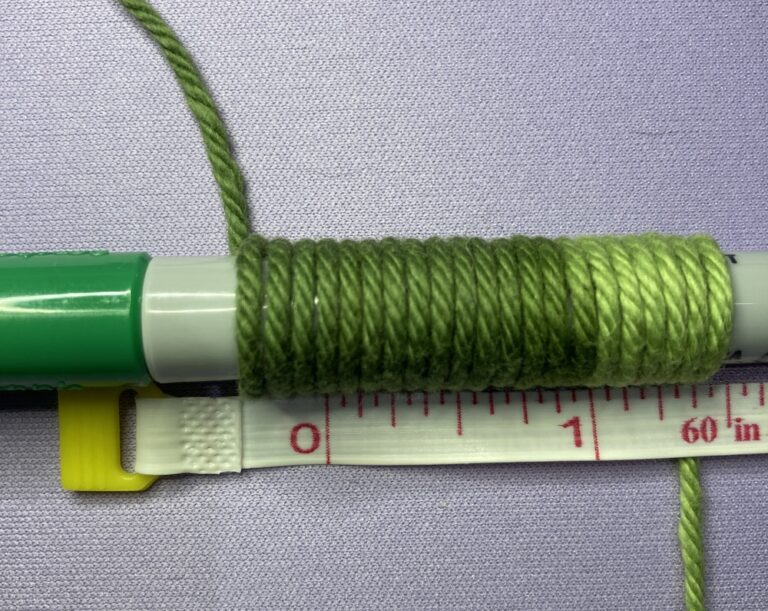yarn weight & ply chart
Yarn weight standards
Things to Note
- When I started researching information for this post, I realised that there is a lot!! of conflicting information in regard to yarn weight and yarn ply, what each one is equivalent to and which category each falls into.
- With that said, the below information is more of a guide than exact information, but I tried my best to be accurate and it can still help you decide which weight yarn you would like to use and whether you can simply swap out the yarn required in a pattern to another one.
- Always make a swatch if you care about the difference in size of your finished project!!
I enjoy making a lot of simple home wares and stuff for the kitchen, so I don’t really mind when things are smaller or larger than the pattern states.
| Types of Yarn | Equivalent Ply | Recommended Hook | Recommended Needle | Crochet Gauge in single crochet to 4 inch | Knit Gauge in stockinette stitch to 4 inches |
|
|---|---|---|---|---|---|---|
 | Fingering 10-count crochet thread | 1-2ply | 2.25mm | 1.5-2.25mm | ||
 | Sock, Fingering, Baby | 2-3ply | 2.25-3.5mm | 2.25-3.25mm | 21-32 st | 27-32 st |
 | Sport, Baby | 4, 5 & 6ply | 3.5-4.5mm | 3.25-3.75mm | 16-20 st | 23-26 st |
 | DK, Light Worsted | 8ply | 4.5-5.5mm | 3.75-4.5mm | 12-17 st | 21-24 st |
 | Worsted, Afghan, Aran | 10ply | 5.5-6.5mm | 4.5-5.5mm | 11-14 st | 16-20 st |
 | Chunky, Craft, Rug | 12-14ply | 6.5-9mm | 5.5-8mm | 8-11 st | 12-15 st |
 | Super Bulky, Roving | 16ply | 9-15mm | 8-12.75mm | 7-9 st | 7-11 st |
 | Jumbo, Roving | 20ply | 15mm + | 12.75mm + | 6 st or less | 6 st or less |
The Basics
- Different companies label their yarn differently. A quick look will tell you what you need to know regarding weight/ply.
- The higher the number the thicker the yarn…0-7 if using the weight system or 1-20 if following ply.
- If each different yarn were made of strands, a one ply yarn would have one strand and a 20ply yarn would have 20 strands.
- Because different yarns have different construction methods this is not always the case, but the resulting thickness of the yarn is said to be equivalent to that many strands. So, for example…if my pattern calls for a sport weight yarn, I would be happy enough to choose a 4,5 or 6 ply yarn or one marked as a number 2.
- Read below if you don’t have a label.

How to tell the yarn weight without a label
- To determine the weight of your yarn you may use the WPI (wraps per inch) method.
- Take a pencil or similar and wrap your yarn around it for a couple of inches. Not too loose or tight. Make sure you wrap side by side, do not overlap.
- Measure an area of one inch and count how many strands in that inch.
- Compare the number you get with the chart below to determine your yarn weight.
- There is a bit of overlap, but it will give you a good starting point to determine what weight your yarn is.
| Yarn Weight | Wraps per Inch |
|---|---|
 | 30 - 40+ |
 | 14 - 30 |
 | 12 - 18 |
 | 11 - 15 |
 | 9 - 12 |
 | 6 - 9 |
 | 5 - 6 |
 | 1 - 4 |
Happy crocheting/knitting!!
Click on the links below to check out the cotton and cotton blend yarns I have for sale and free and pdf crochet patterns.
